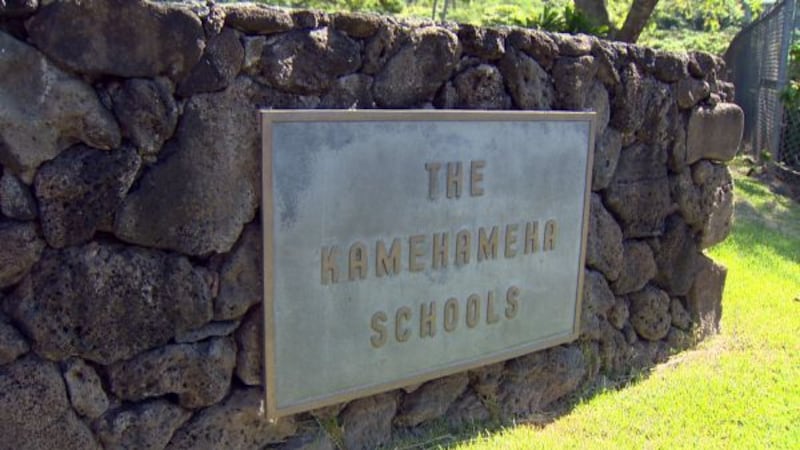COVID-19 created a new problem for recently released inmates, prison reform advocates say
HONOLULU, Hawaii (HawaiiNewsNow) - For the past four years, Bud Bowles helped inmates who have just completed their sentences find temporary housing at local homeless shelters and triage centers.
But due to the COVID pandemic, United Self-Help’s executive director said more and more of these maxed-out prisoners are being turned away from the shelters, forcing them to live on the streets.
“I got a guy and they’ll say we’re full, he hasn’t been tested, or our quarantine place is full,” Bowles said.
Most shelters require people to get a negative test three days before entering.
While prisons and jail are screening for the virus, Bowles said the state is not testing inmates as they leave, giving them nowhere to go when they get out.
He said some of the inmates wind up in places like Chinatown or other crime riddled neighborhoods, where they start committing crimes again.
To keep them off the streets, Bowles has bought plane tickets for ex-inmates so they could stay with a relative.
One of his staffers even let a former prisoner and his wife move in with him for a month to keep them off the streets.
“We tried everyone we could to find him housing, and then we found out his wife was on the street, and they had nowhere to go,” said Skye Medeiros, a coordinator for Unite Self-Help.
The state provides a lot of resources for inmates who get parole. But advocates say those who serve their entire sentences, don’t get much when they get out.
Inmates who get paroled or on probation have the benefit of a parole or probation officer to guide them and they’re often released to a half-way house.
“Our guys get nothing, they let them out at the gate and it’s like a two mile walk to the bus stop,” said Bowles.
Defense attorney Eric Seitz said the state should test all maxed-out prisoners 72 hours before they leave.
“They have the tests and the federal money to test people. There’s no reason why they can’t be testing people and why they aren’t scheduling them for some form of assistance,” he said.
Copyright 2021 Hawaii News Now. All rights reserved.









